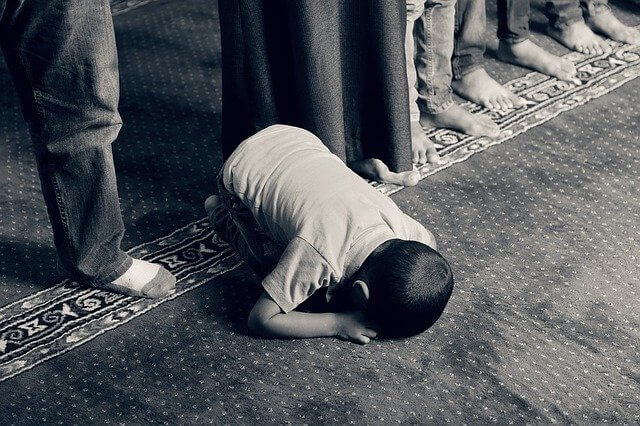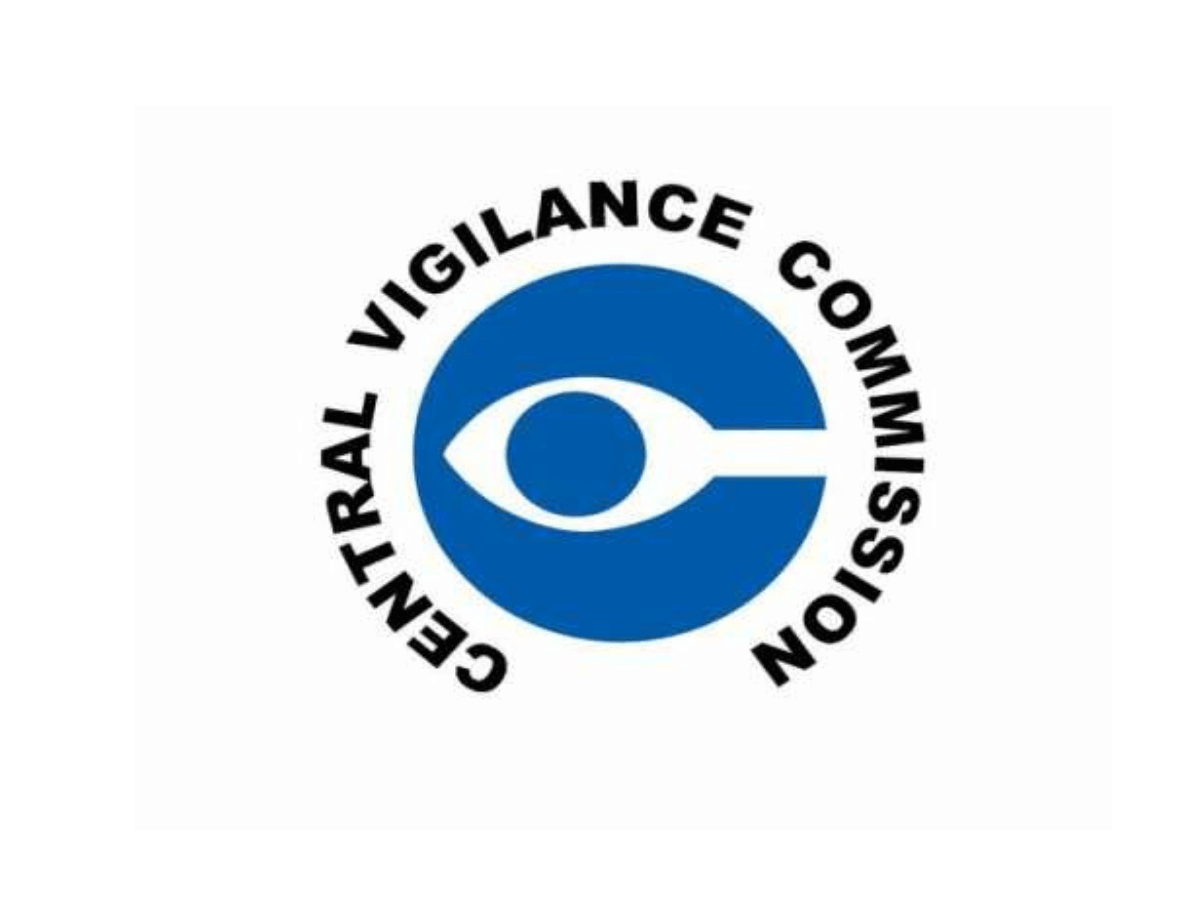This Blog is written by Arpana Komal from Central University of South Bihar, Gaya. Edited by Harsh Sonbhadra.
CBFC stands for Central Board of Film Certification which is often referred to as the Censor Board which is a statutory body under the Ministry of Information and Broadcasting, regulating the public exhibition of films under the provisions of the Cinematograph Act 1952.
This Blog is written by Hiba Abbas from St. Stephen’s College, Delhi University. Edited by Harsh Sonbhadra.
On 5th June 2020, the President of India issued three Ordinances- The Farmer’s Produce Trade and Commerce (Promotion and Facilitation) Ordinance, 2020, The Farmers (Empowerment and Protection) Agreement on Price Assurance and Farm Services Ordinance, 2020, and The Essential Commodities (Amendment) Ordinance, 2020.
This Blog is written by Ravikiran Shukre | Column Editor
This Blog is written by Hiba Abbas from St. Stephen’s College, Delhi University. Edited by Naina Agarwal.
A universally well-known hallmark of India is its diversity and its heterogeneous society made up of a mixture of variegated cultures. India is home to multiple distinct socio-cultural societies with people practicing various religions, following a myriad of traditions and customs, and belonging to different groups and races.
This Blog is written by Prachika Modi from KIIT School of Law, Odisha. Edited by Naina Agarwal.
A fee that is imposed on a plaintiff to file a case in the court of law. This fee is collected by the government on the people seeking judicial remedies through legislation. The concept of court fees was brought in order to prevent a vexatious lawsuit, which means cases filed in the court solely with an intention to harass the impugned party.
This Blog is written by Arpana Komal from Central University of South Bihar, Gaya. Edited by Naina Agarwal.
Workers who are employed in any work within the vicinity of any port for the aim of loading, unloading, movement, or storage of cargoes, i.e., anything carried during a ship or vessel, into or from a ship, port, dock, and storage place are referred to as dockworkers and for the smooth functioning of a corporation, the employer should ensure safety and security of his employees.
This Blog is written by Amrith R. | Column Editor
This Blog is written by Hiba Abbas from St. Stephen’s College, Delhi University. Edited by Ravikiran Shukre.
In K. Veeramani v. The Chairman 2017, the petitioner filed for the issuance of a writ of Mandamus under Article 226 of the Indian Constitution. This writ, translating to “we command” in Latin, is issued to direct a lower court or public authority to perform mandatory obligations that fall within the ambit of its duties.
This Blog is written by Manmohit Bhalla from KIIT School of Law, Odisha. Edited by Ravikiran Shukre.
On October 15, 1983, the Government of India passed an Ordinance to set up courts for assurance of the inquiry whether an individual is or isn’t an unlawful migrant. which was further, followed up as an Act in the month in December, named as, the, Illegal Immigrants (Determination by Tribunals) Act, 1983.
This Blog is written by Tamanna Kapoor from Symbiosis Law School, Noida. Edited by Ravikiran Shukre.
India is a country that’s known for its diversity and this is not only because of the presence of various different ethnic and cultural groups but also because it tries its best to protect these groups. The North-Eastern belt of India is one that is known for its indigenous tribes and their customs.
This Blog is written by Ujjawal Vaibhav Agrahari | Column Editor
This Blog is written by Arpana Komal from Central University of South Bihar, Gaya. Edited by Ravikiran Shukre.
In India, presently the law governing the admiralty jurisdiction of courts and related aspects of maritime law is too outmoded. The High Court’s jurisdiction to entertain maritime disputes results in letter patents. British established the legal system on this subject, and in India, there is no local legislation dealing with the same.
This Blog is written by Vidur Thanawala from Bennett University, Greater Noida. Edited by Prakriti Dadsena.
As per Prime Minister Shri Narendra Modi’s vision for increasing individuals’ investment and straightforwardness in the administration, the Ministry of Shipping has given the draft of the Aids to Navigation Bill, 2020 for recommendations from the stakeholders and overall population.
This Blog is written by Pallabi Choudhury from KIIT School of Law, Odisha. Edited by Prakriti Dadsena.
The whole world is fighting against the novel coronavirus or COVID-19. The 1st COVID-19 case was found on 30th January 2020 in India. From mid of March lockdown started. Due to this pandemic situation, the lawyer class people suffered in terms of livelihood, transport, etc. But after that by different planning of government such as Shramika train and other facilities the migrant workers able to return their home.
This Blog is written by Abhipsa Panda from KIIT School of Law, Odisha. Edited by Prakriti Dadsena.
Cross-border investment otherwise called import and fare financing—alludes to any financing course of action that happens outside a nation’s outskirts. Cross-outskirt financing assists organizations with collaborating in worldwide exchange by giving a wellspring of subsidizing that empower them to contend internationally and direct business past their residential fringes.
This Blog is written by Sidhida Varma S. from Government Law College, Thiruvananthapuram. Edited by Yash Jain.
We have seen people sending a lot of obnoxious items to space – Cats, dogs, guitars, and so on. But it got even more interesting when Elon Musk sent his $100,000 worth cherry red convertible Tesla Roadster at the start of 2018.
The Roadster is a dummy payload, which was launched using the most powerful operational rocket known as the Falcon Heavy. A dummy payload refers to the boilerplate, which is a non-functional craft.
This Blog is written by Sidhida Varma S. from Government Law College, Thiruvananthapuram. Edited by O.S.S.Sarada Rasagnya.
The Motor Vehicles Act was enacted in 1988. This Act provides for the regulation of the aspects relating to road transport vehicles. It mainly deals with the laws relating to registration of motor vehicles, licensing of drivers, insurance, liability, offenses, and punishment for the same. It also gives emphasis to the provisions relating to state transport undertakings, traffic regulations, etc.
This Blog is written by Prachika Modi from KIIT School of Law, Odisha. Edited by O.S.S.Sarada Rasagnya.
Progression in innovation has prompted an extraordinary change in the human way of life. This has urged individuals to explore and try new things either due to need or as a fashion statement. Body art is becoming increasingly popular these days. It is a form of an emotion that is incredibly personal to the person getting inked.
This Blog is written by Manmohit Bhalla from KIIT School of Law, Odisha. Edited by O.S.S.Sarada Rasagnya.
India has one of the largest postal services network, which includes approximately 1 lakh 54 thousand post offices out of which 1 lakh 37 thousand are located in the rural areas of the country as the postal services or the Indian post is one of the most important services for people living in villages.
This Blog is written by Ujjawal Vaibhav Agrahari | Column Editor
This Blog is written by Amrusha Sengupta from Adamas University (School of Law and Justice) Barasat. Edited by Sonali Priyadarsani.
The Indian Soldiers (Litigation) Act, 1925 is an integral part of the military laws in India. It provides special protection to the Indian Soldiers who are party to a civil dispute especially when they are serving under special conditions. It gives them a special opportunity and their interest is protected when they are serving at war.
This Blog is written by Sidhida Varma S. from Government Law College, Thiruvananthapuram. Edited by Swati Pragyan.
The Pre-Conception and Pre-Natal Diagnostic Techniques Act was enacted with a view to curb female foeticides. Female foeticides lead to a decline in the sex ratio and to combat the same is the main objective of this Act. In India, a female child is considered a burden.
This Blog is written by Prakriti Dadsena | Column Editor
This Blog is written by Balabavithra | Column Editor.
This Blog is written by Tamanna Kapoor from Symbiosis Law School, Noida. Edited by Amrith R.
The story of roads can be traced back to the start of human civilization, in the history of India itself there are mentions of roads when one reads about the Indus Valley civilization. Similarly, during the British Raj to there were acts and committees formed that looked into the road and infrastructure development of our country, irrespective of what their reasons were for setting them up.
This Blog is written by Iesha Sharma from University of Petroleum and Energy Studies, Dehradun. Edited by Amrith R.
This blog focuses on the special issues and contribution of the border security by brining focus onto its different angles of border security and addressee the practice to secure the borders. They have been trough intense it’s of securitizes. As contemporary border security, they need to go to territorial limits of states to dispersed and heterogeneous sites located beyond geographical borderlines and as well as the inside some societies to secure the existence of the border crosses.
This Blog is written by Vaishnavi from Central University of South Bihar, Gaya. Edited by Ritika Sharma.
As we are facing an unprecedented global crisis, which has affected the supply chain and it also affected the economy which needs to be revived. So, this article aims to discuss the ways to overcome this economic crisis. As we are not only fighting with this pandemic but also with info-demic as fake news is also spreading in this situation through several social platforms.
This Blog is written by SheelNidhi Sharma from Maharishi Markandeshwar University, Mullana. Edited by Ritika Sharma.
The Airports Economic Regulatory Authority of India (Amendment) Bill was passed on 2nd Aug 2019. It amends the Airports Economic Regulatory Authority of India Act, 2008. The Act established the Airports Economic Regulatory Authority of India (AERA).
This Blog is written by Shashi Indwar from Central University of South Bihar, Gaya. Edited by Ritika Sharma.
The Anti-Hijacking Bill 2010 introduced in the Rajya Sabha and cleared in 2014 and the bill of Anti-Hijacking which provides the death punishment for the offence of Hijacking and the importance for life. Anti-Hijacking was introduced by Ashok Gajapathi Raju, this bill has been referred to the parliamentary standing committee on transport, tourism, and the culture.
This Blog is written by Arnesha Ghosh from Adamas University (School of Law and Justice) Barasat. Edited by Ujjawal Vaibhav Agrahari.
Accountable, transparent, responsive, effective, and efficient, equitable, and follows the rule of law are the key for good governance in any country. the day when any government of any country is able to minimize corruption, take the views of the minorities, and voices of the most vulnerable in the society are heard and take into consideration that day it will be good governance.
This Blog is written by Iesha Sharma from University of Petroleum and Energy Studies, Dehradun. Edited by Ujjawal Vaibhav Agrahari.
A bill was introduced on August 10 2017 in Lok Sabha during monsoon season 2017 in joined committee of both the houses of the parliament. It named Financial Resolution and Deposit Insurance (FRDI) Bill, 2017[1]. The framework of the bill is to deal with the insolvency and bankrupts’ situation in the financial sector for entities such as banks, insurance, companies, and other financial sector intermediaries.
This Blog is written by Abhipsa Panda from KIIT School of Law, Odisha. Edited by Ujjawal Vaibhav Agrahari.
The administration is taking a shot at setting ‘one nation, one standard ‘ on the lines of ‘one nation, one ration card’ to guarantee quality items and administrations to shoppers. Consumer Affairs Minister Ram Vilas Paswan has said,” like ‘one nation, one ration card’ we will have ‘one nation, one standard’ so as to guarantee quality items in the nation,” Paswan stated, addressing the media after a gathering.
This Blog is written by Amrusha Sengupta from Adamas University (School of Law and Justice) Barasat. Edited by Ujjawal Vaibhav Agrahari.
Globalization did have a great impact on the Competition which is prevalent in today’s market. Promotion of effective competition helps the firm to increase its efficiency, as a result of this consumers at large are benefited, with more productivity the firms can provide more options to the consumers. If there is no competition in the market, the market becomes stagnant.
This Blog is written by Sayen Mohanty from KIIT School of Law, Odisha. Edited by Prakriti Dadsena.
State-approved reconnaissance in India gets its premise from two pioneer enactments; §26 of the Indian Post Office Act, 1898 and §5 of the Telegraph Act, 1885 (hereinafter the Act) accommodate the capture of postal articles and messages sent by means of broadcast individually. Both of these areas, which are closely resembling, given that the forces set down in that must be conjured in the event of an open crisis or in light of a legitimate concern for open security.
This Blog is written by Pallabi Choudhury from KIIT School of Law, Odisha. Edited by Prakriti Dadsena.
Generally, when we come across the word rape the first thing that strikes our mind that the woman is the victim and the man is the perpetrator. Our Indian constitution always talks about gender equality, equal protection of law but when it comes to rape it is quite gendered biased and our Indian law also told only about penal penetration.
This Blog is written by Vaishnavi from Central University of South Bihar, Gaya. Edited by Prakriti Dadsena.
India made investments for the development of internal infrastructures like roads and networks in post-1962. During that period the small char Dham yatra became a rage among the people. There are holy places in Uttarakhand which were known as Uttaranchal in yesteryears.
This Blog is written by Lisa Coutinho from SVKM’s Pravin Gandhi College of Law, Mumbai. Edited by Uroosa Naireen.
The 21st century is regarded as the information age or the internet age. With the advancement in technology and the internet, data is made easily accessible. Some of the largest countries in the world are data-driven. For example, Ola and Uber are the largest mobility platforms, but own no vehicles; Alibaba is one of the largest retailers having no inventory.
This Blog is written by Nipa Dharod from SVKM’s Pravin Gandhi College of Law, Mumbai. Edited by Uroosa Naireen.
In 2018, 33,356 rape cases were reported throughout the country. Notwithstanding such a huge number of rape cases, the Government claims that 99% of cases of sexual violence are not reported. Also, it is disheartening to know that out of the total rape victims, 27.8% of victims were minors below the age of 18 years.
This Blog is written by Kaviya Kannan from Kasturba Gandhi Degree College, Osmania University. Edited by Uroosa Naireen.
Data localisation is considered a relatively new concept in India. Data localisation is the process of localising the citizen’s data to one’s home country for its processing, storage, and collection before it goes through the process of being transferred to an international level.







































